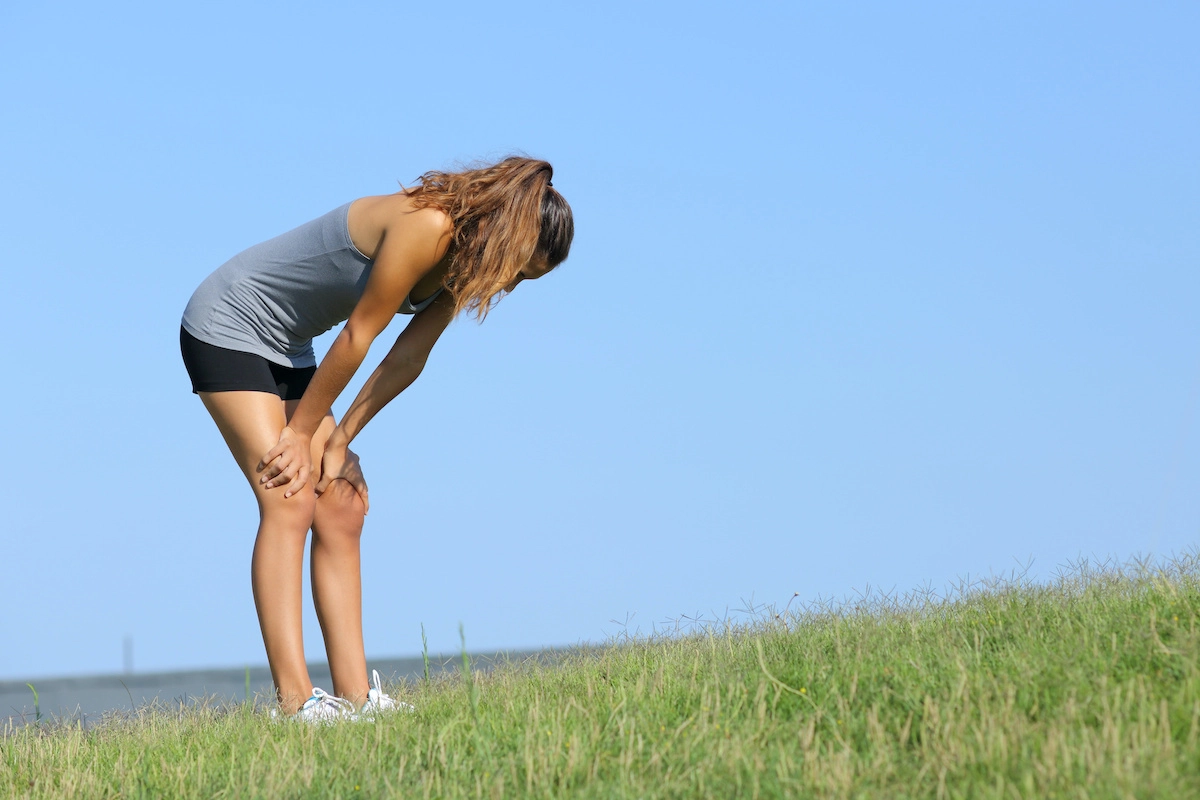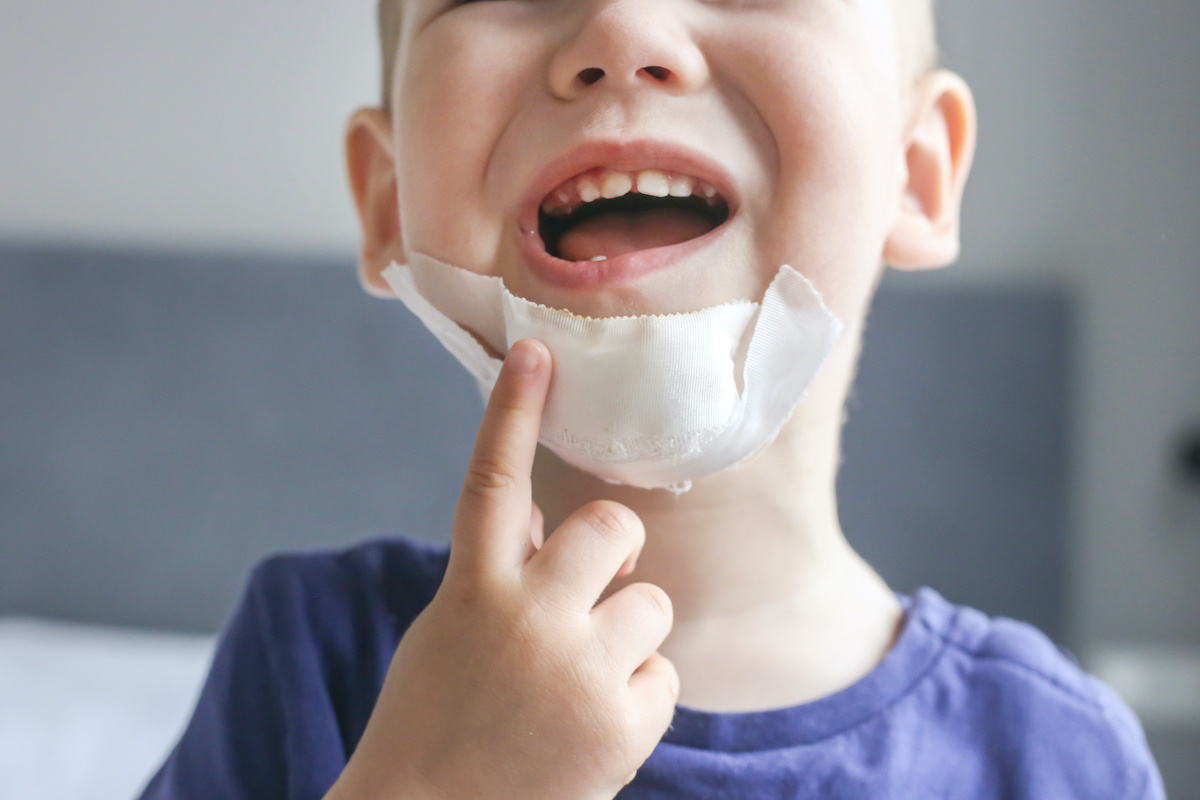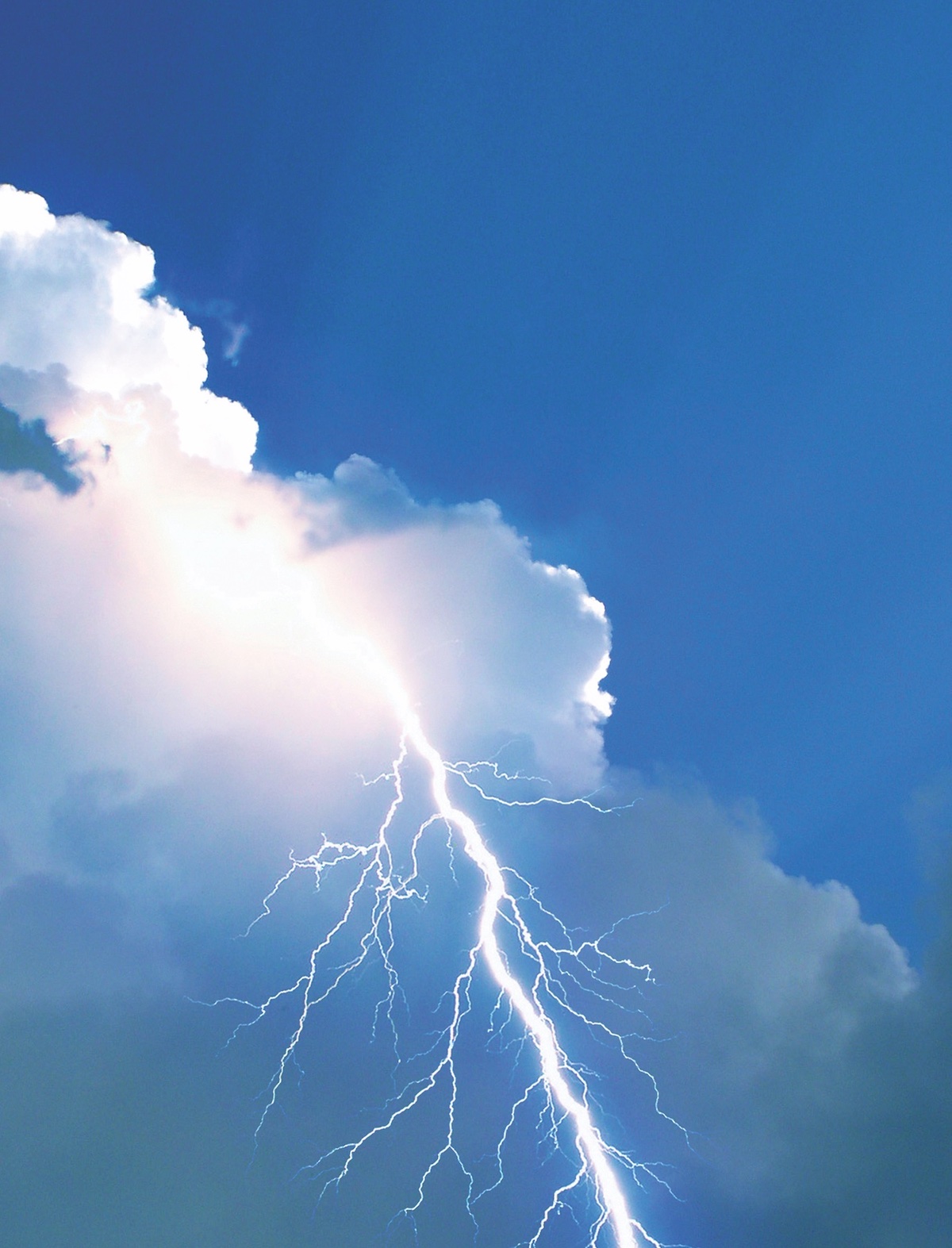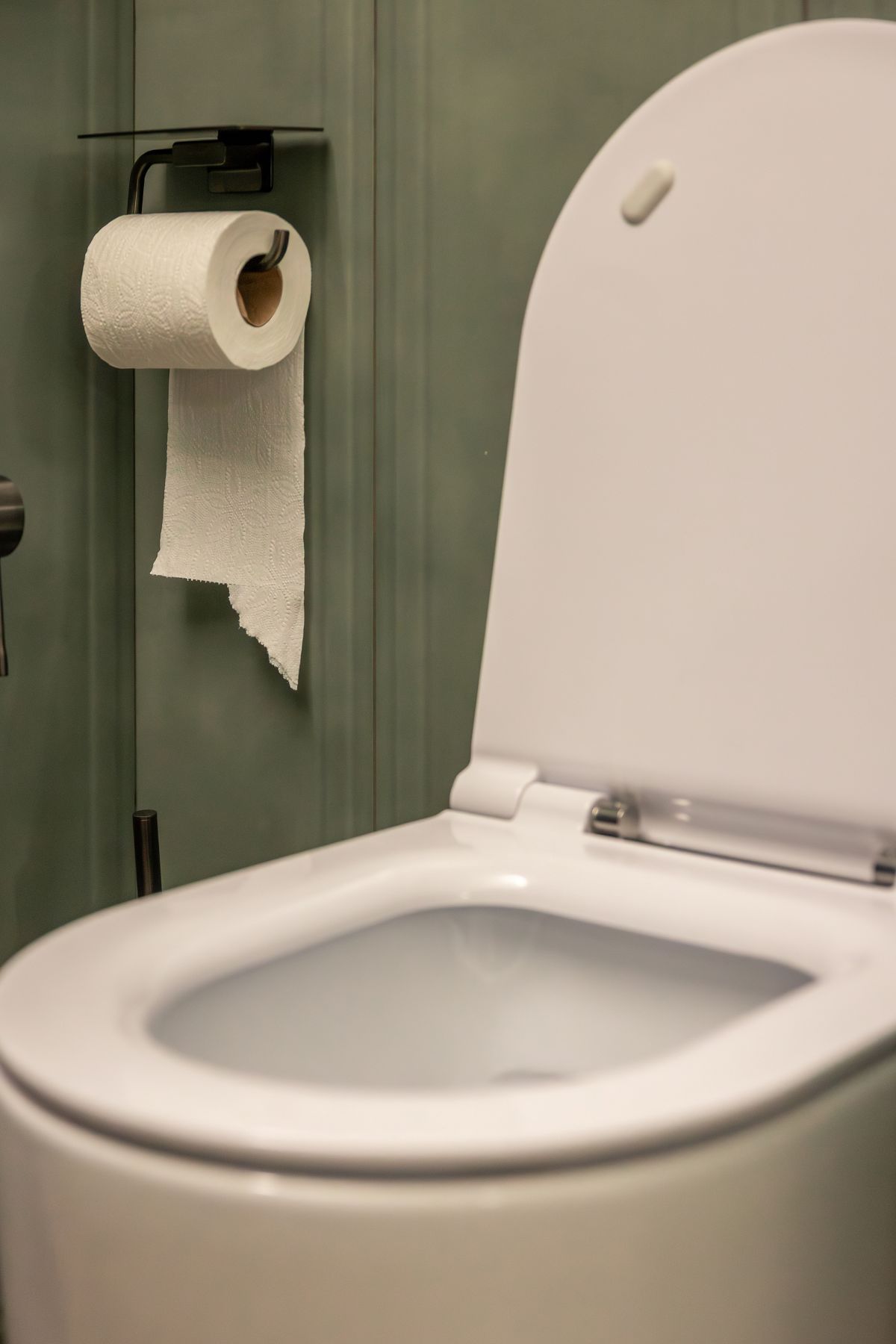
If you have a chronic lung condition, such as asthma or COPD, you may struggle even more with very hot and humid weather conditions.
Hot weather can cause your symptoms to flare up, especially if you become dehydrated. Strong sunshine causes the level of ozone and other air pollutants in the air to rise, which can cause breathing problems and trigger your symptoms. Humid, hot weather can also make your breathing problems worse.
A hot summer day with high humidity can be an asthma trigger. If you have asthma, the presence of a lot of moisture in the air can make your airways swell, making it harder to breathe. This can also cause coughing, wheezing and shortness of breath.
If you have a chronic lung condition, your doctor can prescribe medications to help you manage weather-related breathing difficulties. Medications commonly prescribed for chronic lung disease include:
- Bronchodilators
- Anti-inflammatory agents
- Oxygen
- Antibiotics
Once you’ve learned to adjust to changing air quality and avoid irritants, there are things you can do every day to help you breathe easier:
- Maintain a healthy diet.
- Commit to a structured exercise program.
- Prevent respiratory infections.
- Control stress.
- Maintain proper hydration, and drink plenty of water in warm and hot weather.
It can be frustrating, but there’s plenty that you can do to help alleviate your symptoms during hot summer days:
- Avoid the heat. Stay in an air-conditioned place as much as possible.
- Stay out of the sun, especially from 11 a.m. to 3 p.m. when it’s the hottest.
- Reduce strenuous activity. This does NOT mean you can skip your pulmonary rehab, though. Rehab will help, even during hot days.
- Drink cold water and avoid alcohol because it can cause dehydration.
- Eat normally, but separate meals into smaller portions, lower your salt intake, and try cold foods like fruits and vegetables.
- Use a handheld fan or a large fan. Don’t point a large fan directly at your face because they can get very dusty.
Know when to see your doctor
Even though it may seem normal to have more difficulty breathing when weather conditions are extreme, there are times when you should seek medical help.
“In most cases, shortness of breath is not normal,” says Sumita Khatri, MD
of the Cleveland Clinic. “Any new shortness of breath should be immediately evaluated, as should any shortness of breath that can’t be explained by the cold or flu or by just being ‘out of shape’. And if at any point you notice you’re having breathing difficulty that’s interfering with your normal activity, you need to seek medical care to have your symptoms further evaluated.”
Sources:
https://breathepa.org/; https://my.njhealth.org; https://www.atsjournals.org; https://health.clevelandclinic.org











